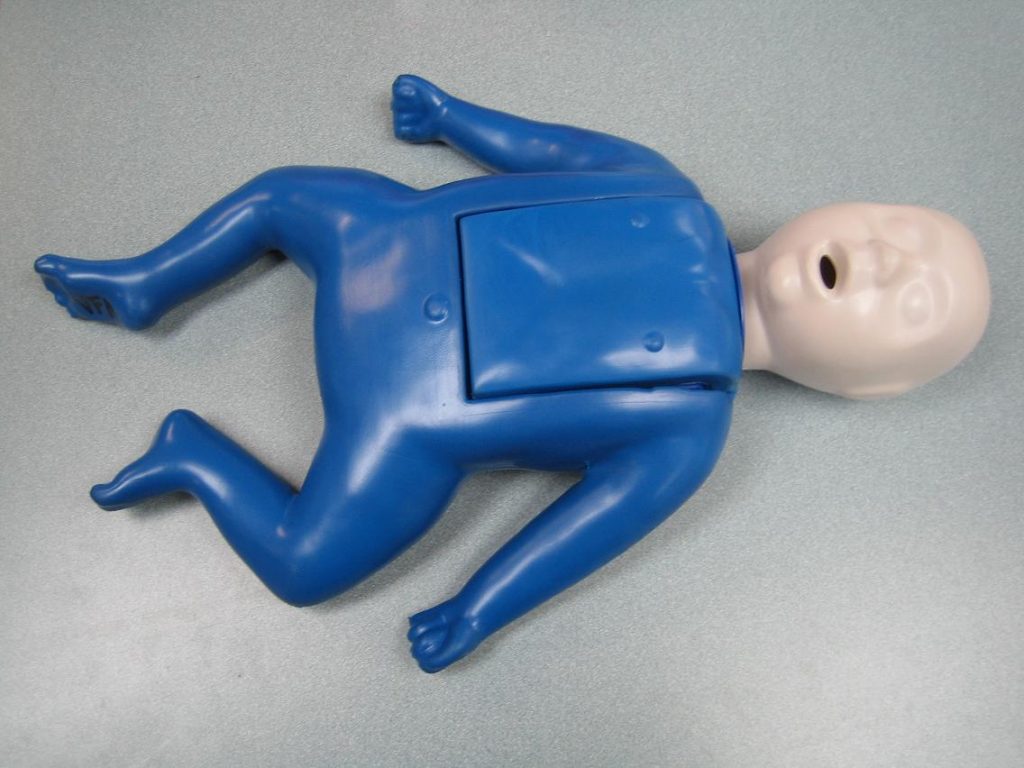In ovulation, a female will release an egg from one of the ovaries. This occurs about once a month until the woman reaches menopause, unless she is pregnant or breastfeeding. During ovulation, about one in five women deal with pain and discomfort during this time. Generally, the pain can be anywhere from a few minutes to up to two days. This pain does not mean that there is something wrong. However, severe pain may be worrisome as it could mean that you have endometriosis.
Symptoms
Ovulation pain has several symptoms including:
- The pain is located in the lower abdomen
- Occurs about two weeks before your period starts
- The pain can be felt on either side of the body, dependent upon which ovary is releasing the egg
- This pain can be described as uncomfortable pressure, while others may feel sharp pains or cramps.
- The duration of the pain can last up to two days or be as short as a few minutes.
Causes of ovulation pain
There are several schools of thought on the causes of ovulation pain. However, there is no exact cause that everyone agrees on. Some of the theories include:
- Emerging follicle: In this theory, they argue that the expanding follicles in the ovary are stretching the membrane of the ovary thus causing pain.
- Ruptured follicle: Once an egg is mature and it is released from the follicle, it can cause slight bleeding. Many believe that it is this act that causes the pain women feel.
Diagnosis
There are several tests that are performed to determine if there is an infection or disease present when ovulation pain is felt. These tests include:
- Looking at your medical history
- A pelvic examination
- Blood tests
- Adnominal ultrasound to check on the uterus
- Cervical cultures
- Vaginal ultrasound
Self-care measures
You can deal with ovulation pain on your own after checking with your doctor to ensure that this pain is nothing serious. Here are a few tips for dealing with this on your own:
- Relax when needed to ensure that you are not overdoing it
- Use over the counter pain killers
- Use heat packs, hot water bottles or other types of warmth on the lower abdomen for pain relief
- Take anti-inflammatory medications
- Using hormonal contraceptive can help with ovulation pain as it can stop ovulation.
- If the pain lasts longer than three days, be sure that you talk to your doctor.
Related Video
FACT CHECK
https://www.betterhealth.vic.gov.au/health/conditionsandtreatments/ovulation-pain

